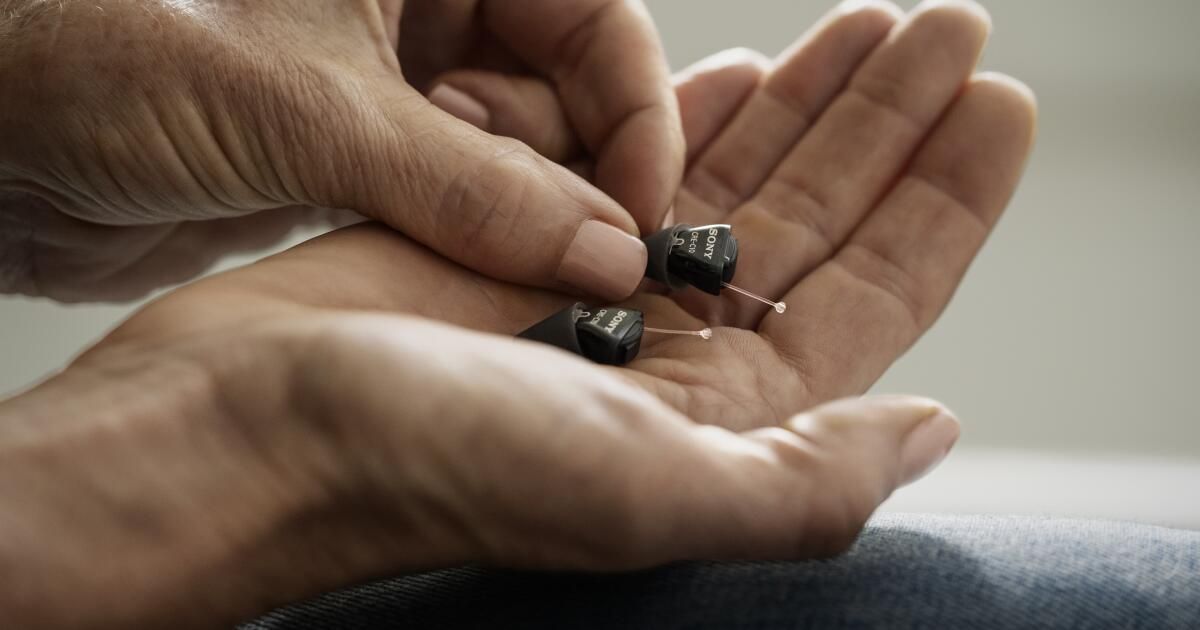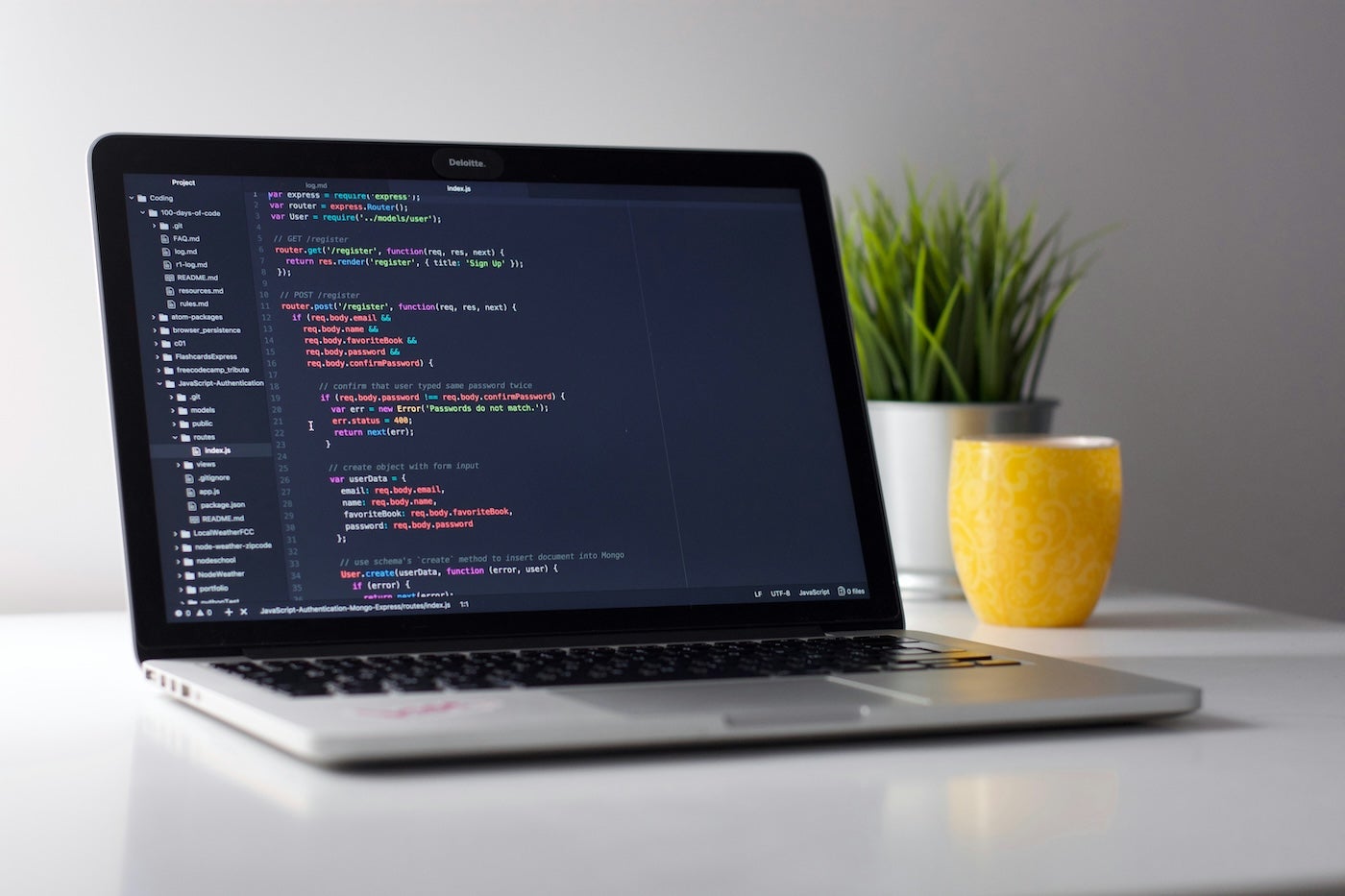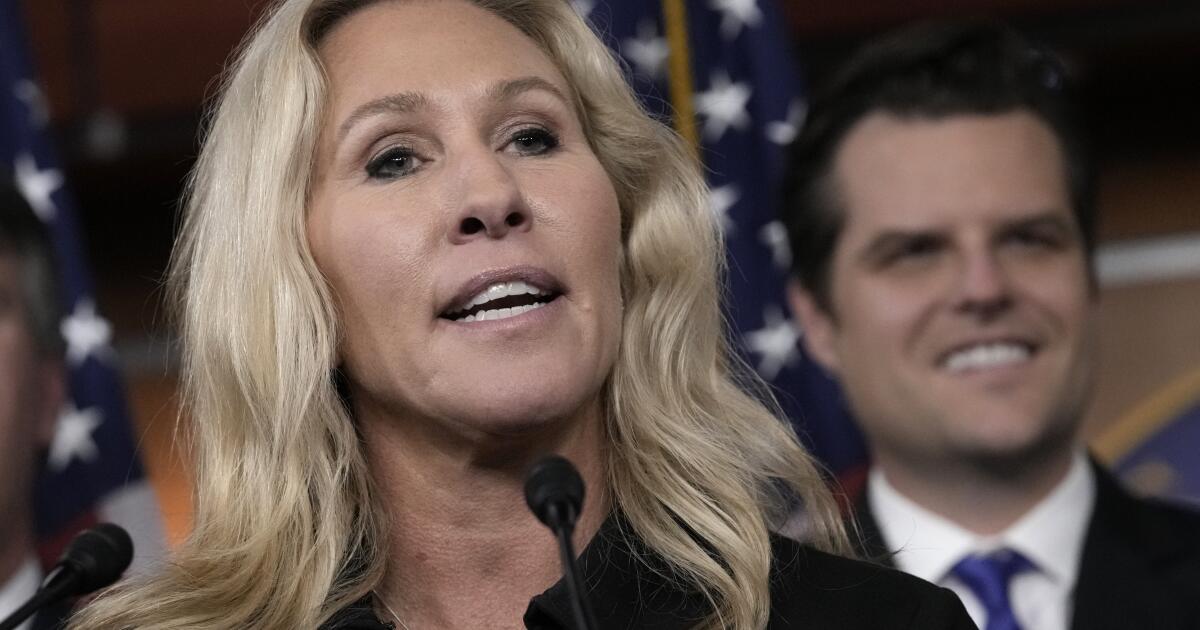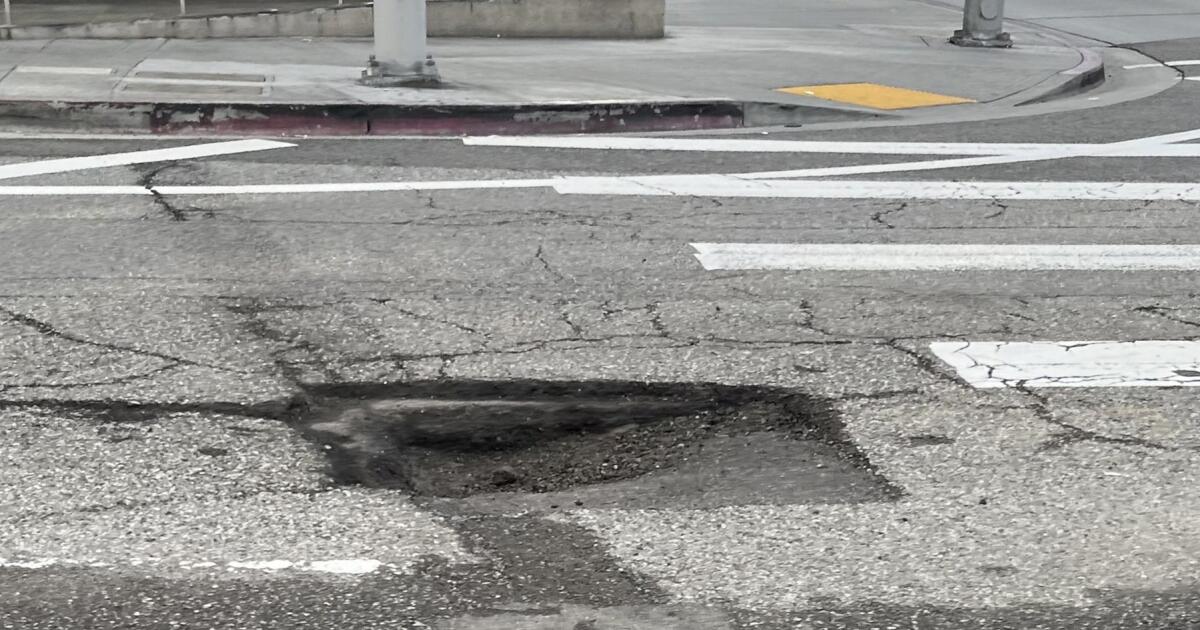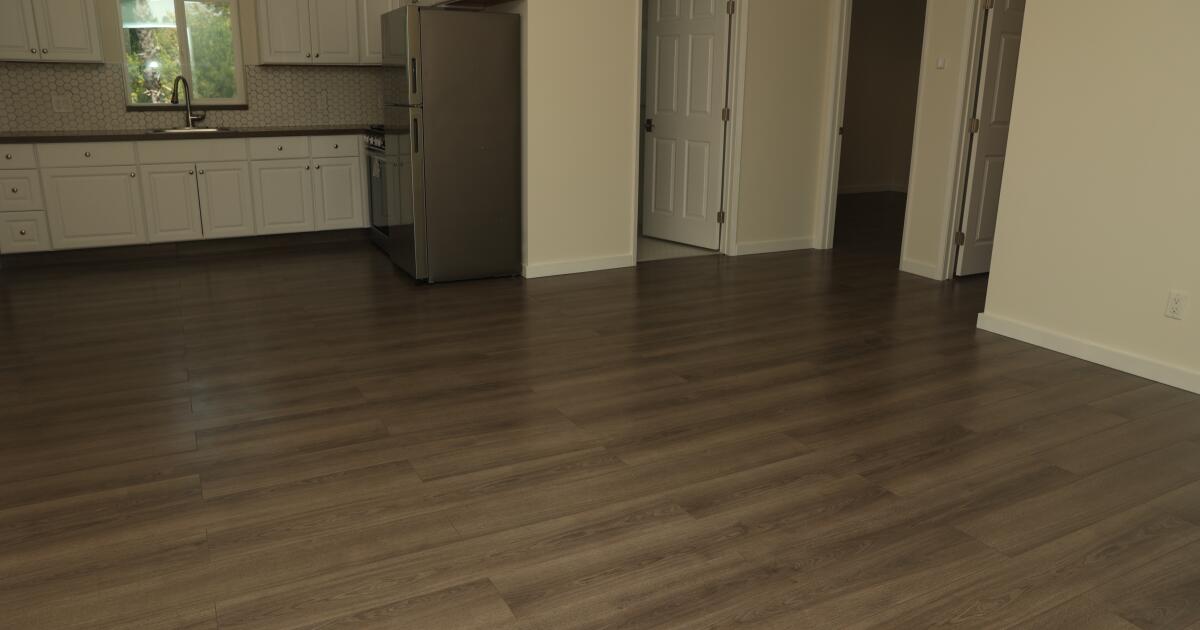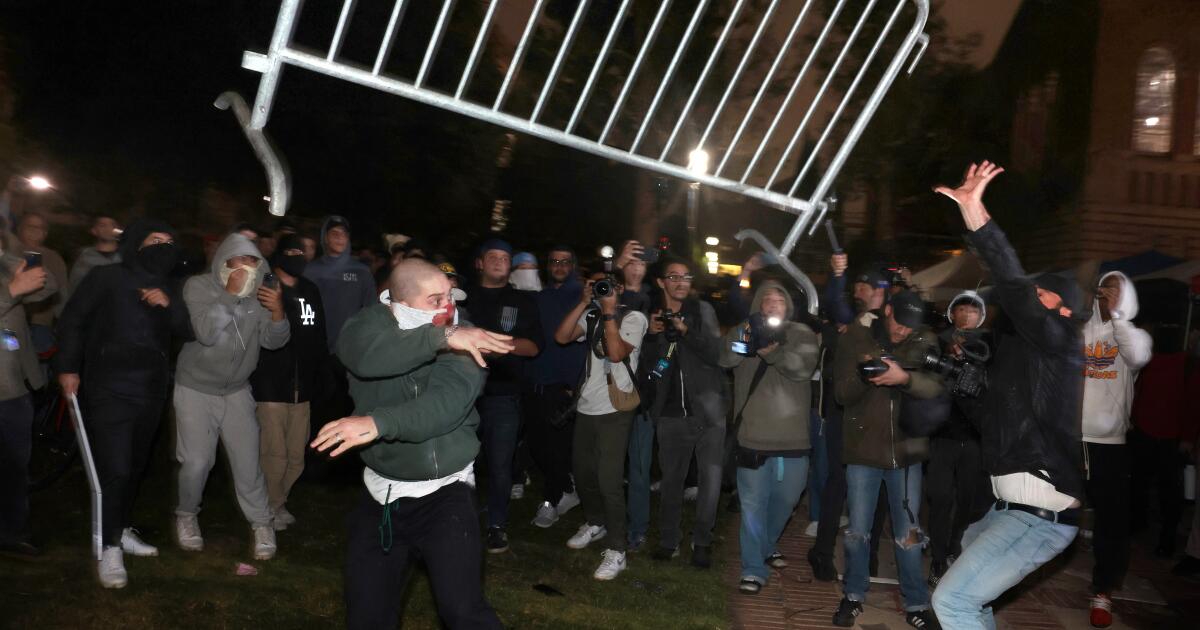Having relied on hearing aids for nearly three decades, I am stunned by the lack of Medicare coverage for devices that can solve a problem that affects tens of millions of older Americans.
Nearly two-thirds of Americans over 70 have some degree of hearing loss, and more than half of those over 75 years of age experience impairment severe enough to be considered disabling. But most do not use hearing aids.
Because the legislation that created Medicare nearly 60 years ago specifically excluded hearing aids, those who rely on the program's traditional coverage must pay for them out of pocket. That expense is among the biggest barriers to broader use of the devices.
Age-related hearing loss impedes basic communication and the relationships that depend on it. Thus, greater access to hearing aids could do nothing less than enable more older Americans to make and maintain the social connections that are essential to a meaningful life.
Hearing loss is like an invisible, muffled curtain that falls in front of anyone who speaks. Asking people to repeat themselves can lead to irritated and hurtful responses. And it is useless to ask a soft-spoken person to speak. Sometimes it's easier to just nod and smile.
Many older people I know choose to avoid social gatherings altogether because they can't hear well. Without hearing aids, I would stay home too.
Hearing loss can harm your health in other ways. For example, I have written about the need for a comprehensive approach to reducing cancer risk. at older ages, including preventive services such as colorectal cancer screening. But these services depend on conversations between patients and their health care providers. An older patient's ability to hear and understand these types of conversations should not be taken for granted or ignored.
The Food and Drug Administration improved access to hearing aids by manufacturing some of them. available without prescription in 2022, but over-the-counter devices are inadequate for severe hearing loss like mine. Meanwhile, my private health insurance started covering hearing aids a few years ago, providing up to $2,500 every five years. A hearing aid alone can cost as much or morehowever.
Despite its limitations, my private coverage for hearing aids is better than nothing, which is what traditional Medicare offers.
Hearing loss is more common among low-income people and those without advanced education. The toll of noisy workplaces aggravates age-related hearing loss in some people. An analysis found that most Americans with severe hearing impairment I can't afford the typical price of hearing aids.
Many of the seniors who cannot afford these significant out-of-pocket expenses spent their working years in the low-wage jobs on which our country depends. Denying them treatment for their hearing loss is a terrible way to treat people who have given years of service to our society.
Although Some older adults with hearing loss will not benefit from hearing aids, Medicare coverage for the devices could encourage more beneficiaries to get hearing tests so they can receive the treatment that's right for them. And while Medicare coverage alone won't address the stigma some people associate with hearing aids, the availability of newer, more comfortable, less obvious technology could win over some holdouts.
Legislation reintroduced with bipartisan support last year would finally correct this glaring gap in Medicare coverage by removing the hearing aid exclusion from the law. There is no reason to delay further action on this matter. Are our representatives listening?
Mary C. White is an associate professor of environmental health at the Rollins School of Public Health at Emory University, a Public Voices Fellow at AcademyHealth in partnership with the OpEd Project, and a former federal epidemiologist.

